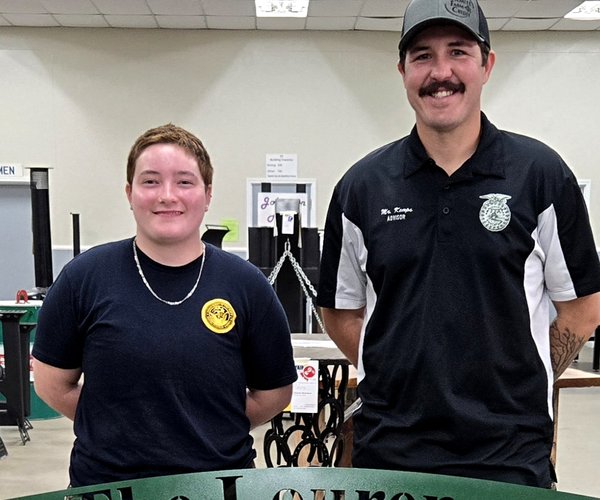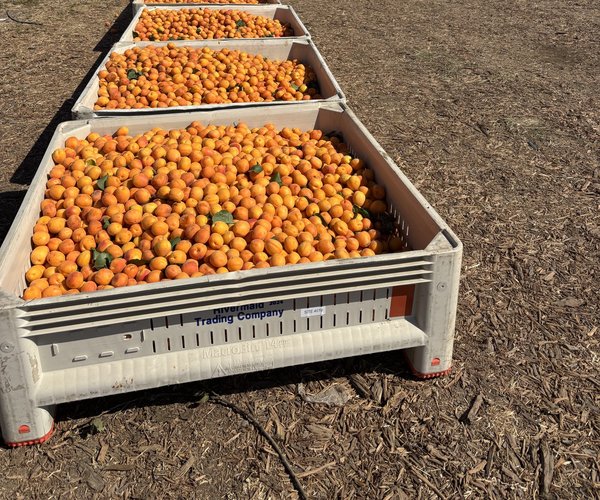The U.S House of Representatives voted in favor of their version of the proposed farm bill, on Thursday, which along with other agricultural reforms would end direct payments to subsidized crops.
The bill, which passed with a 216 to 208 vote, spurred serious opposition by both house Democrats and the White House since it leaves out any literature regarding funding for the Supplemental Nutritional Assistance Program.
Historically, SNAP funding has accounted for over 80 percent of farm bill funds. The decision to split the agricultural reforms from SNAP funding led to the House passing the bill that had been blocked by House Democrats three weeks ago.
U.S. Representative Jeff Denham (R-Turlock) voted in favor of Thursday’s bill, citing the bills’ potential benefits to California’s agricultural economy.
“As a farmer, I know how critical the farm bill is to Valley farmers, ranchers and rural communities,” said Denham. “This bipartisan bill, which is nearly four years in the making, provides much-needed reforms to the programs that our agriculture industry relies on most. It will provide certainty and predictability to our nation’s farmers, who help keep our economy running.”
The bill is especially important to the country’s dairy farmers, who seem to be on opposite sides of the fence on the passage of the bill. The split is largely due to contrasting dairy language in the House and Senate versions of the bill. The House version contains the Goodlatte-Scott dairy amendment, which would strip out the supply management component, essentially reducing the role the federal government plays in the country's milk market.
Congressman Bob Goodlatte (R-Va.), who introduced the measure, stated that any form of supply management from the federal level actually proves detrimental to the dairy industry as whole.
“A supply control program that will directly intervene in markets and increase milk prices will ultimately hurt dairy producers and consumers as well as dairy food manufacturers by stifling industry growth,” said Goodlatte. “This program is contrary to the reforms already in the farm bill.”
However, Jerry Kozak, president and Chief Executive Officer of the National Milk Producers Federation stated that passage of the Goodlatte Scott dairy amendment would actually hurt the countrys’ dairy market.
“The farm bill passed today by the House of Representatives is seriously flawed, in that it contains the Goodlatte-Scott dairy amendment, as well as a repeal of permanent agricultural law,” said Kozak. “Neither of these measures serves the best long-term interests of dairy farmers.”
Kozak instead favors the Senate version of the bill that contains the Dairy Security Act, which replaces current dairy legislation with a voluntary margin protection program, which includes a market stabilization factor.
John Wilson, senior vice president of Dairy Farmers of America echoed Kozak’s concern on the lack of the Dairy Security Act in the freshly passed house farm bill.
“While today’s progress toward a farm bill is welcome, it is unfortunate that this movement comes with a bill that does not contain the Dairy Security Act,” said Wilson. “The Federal Agriculture Reform and Risk Management Act of 2013, falls short on many fronts.”
Mike Marsh, Chief Executive Officer of Western United Dairymen based out Modesto stated that the future of the farm bill was “murky” and that a collaborative conference vote between both the Senate and the House is going to be necessary to provide the best option for both the country's farmers and dairymen.
“We’re encouraged that the bill passed,” said Marsh. “However, we recognize that a lot of work still needs to be done.”









